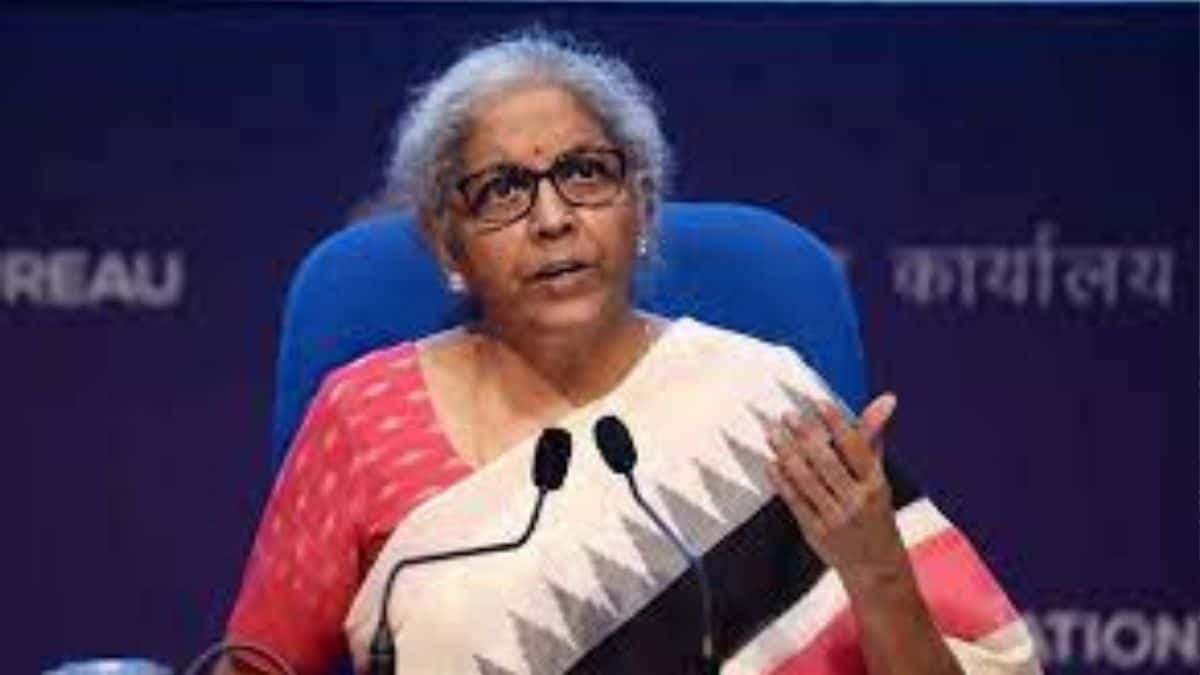Indian FM Nirmala Sitharaman has this answer to why 30% tax is added to Cryptocurrency

Taxing revenue from cryptos and other virtual digital assets, said Finance Minister Nirmala Sitharaman today (April 19, 2022), could be considered a step toward legitimising them. Rather, it’s a way to verify the source and trail, not to legitimise them, according to the Finance Minister.
“We haven’t said that this is currency. We haven’t said that this has intrinsic value, but certain operations are taxable for the sovereign and that is why we have taxed,” news agency PTI quoted Sitharaman as saying at a high-level panel discussion organised by the International Monetary Fund (IMF).
“We did announce that on the income that was generated out of the transactions of these crypto-assets will be taxed at 30 per cent and over and above that, there is a 1 per cent tax deduction at the source which is also imposed on every transaction. So through that, we will be able to know who’s buying and who’s selling it,” she said.
The Finance Minister also made a strong argument for worldwide cryptocurrency regulation to combat the threats of money laundering and terrorist financing. Sitharaman said at a high-level panel discussion hosted by the International Monetary Fund (IMF) that regulation would be difficult as long as the non-governmental activity of crypto assets was conducted through unhosted wallets.
Sitharaman, on the other hand, believes that cross-border transfers between countries would become much more efficient as a result of central bank-driven digital currencies.
“The risk which worries me more on the non-governmental domain is essentially you’re looking at unhosted wallets across the borders, across the globe… So, regulation cannot be done by a single country within its terrain through some effective method and for doing it across the borders, technology doesn’t have a solution which will be acceptable to various sovereigns at the same time applicable within each of the territory,” News agency PTI quoted Sitharaman as saying.
According to the Finance Minister, crypto hazards will have to be treated differently depending on the economy, as the risks can differ for each user situation.
During a panel discussion titled ‘Money at a Crossroad: Public or Private Digital Money?,’ Sitharaman emphasised that technology-based regulation must be so skilled and nimble that it does not fall behind the pace. It must be ahead of the game, which is impossible if any single country believes it can handle it. She stated that there is a risk of money laundering unless there is a worldwide strategy to regulating and understanding the technology behind cryptocurrencies.
“I harp on that very much because I think the biggest risk for all countries across the board will be on the money laundering aspect, and also on the aspect of currency being used for financing terror,” she said.
The Union Budget for 2022-23 proposed a flat 30% tax on income derived from crypto asset exchanges, as well as a 1% TDS (tax deducted at source) on crypto transfers beyond a particular threshold.
Sitharaman stated that the Central Bank Digital Currency (CBDC) will be implemented in 2022.


